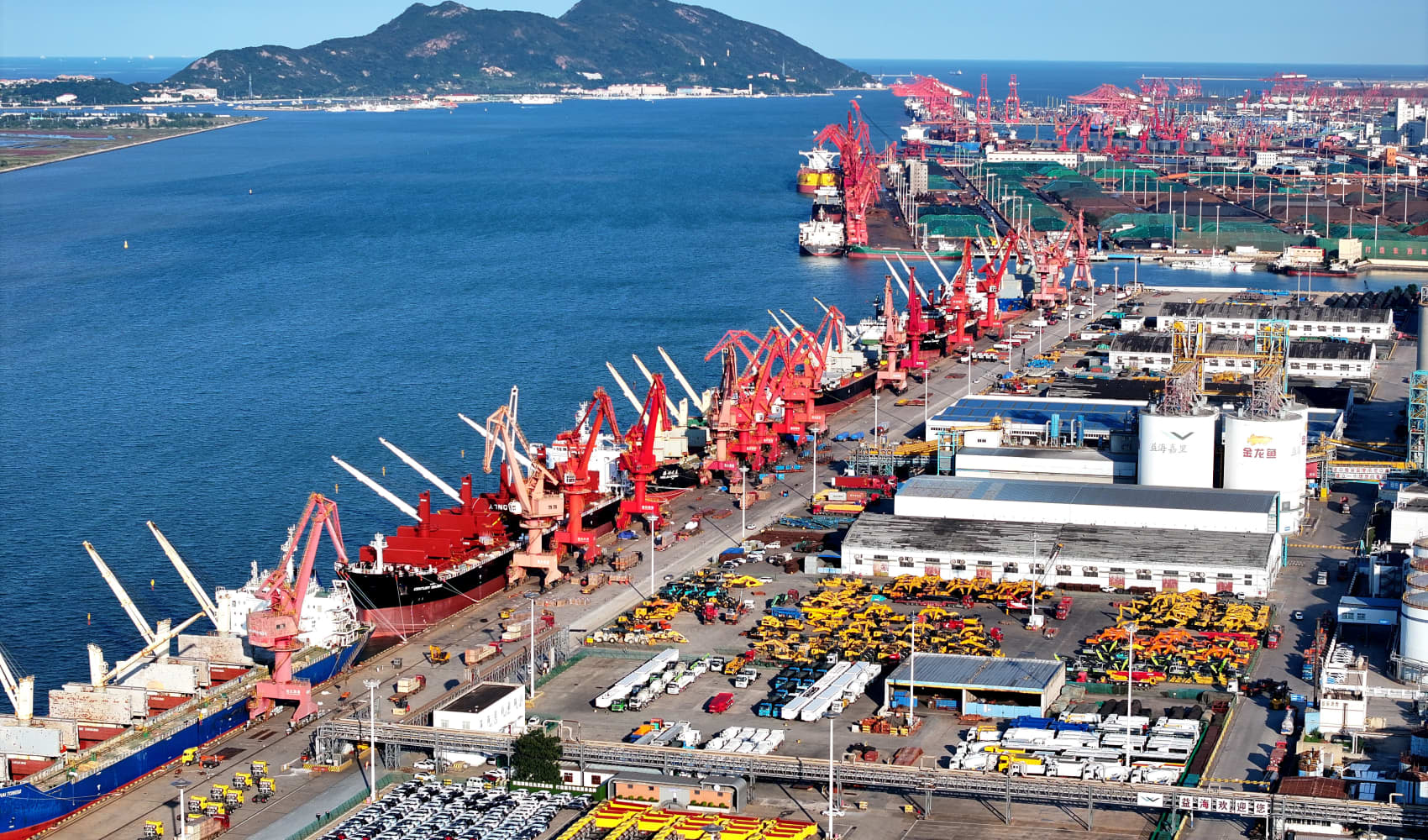Stock Market Thursday: 5 Things You MUST Know NOW!
Stock Market Thursday: 5 Things You Absolutely Need to Know!
Start Your Trading Day Informed
Alright, investors! Ready to dive into another day of market mayhem? Before the opening bell rings on Thursday, let's arm ourselves with the knowledge we need to navigate the ever-changing landscape of Wall Street. Think of this as your pre-market briefing – the essential intelligence you need to make smart decisions. After all, a prepared investor is a successful investor, right?
1. April Showers (and Market Dips?)
Did April live up to its rainy reputation? For the stock market, it seems so. The S&P 500 stumbled for the third consecutive month. Can you believe it? While Wednesday saw a slight rebound, the overall trend paints a picture of cautious optimism, or perhaps just plain caution.
S&P 500's Three-Month Skid
The S&P 500 managed a tiny 0.15% gain on Wednesday, but it wasn't enough to erase the overall losses for April. What's driving this downward pressure? Is it inflation fears, interest rate anxieties, or just the regular ebb and flow of the market? Whatever the reason, it's a good idea to keep a close eye on this benchmark index.
Dow's Mixed Performance
The Dow Jones Industrial Average also experienced some turbulence, gaining a modest 141.74 points, or 0.35%, on Wednesday. However, like the S&P 500, the Dow ended the month in the red. It's a bit like watching a rollercoaster, isn't it? Up one moment, down the next.
Nasdaq's Resilience (Sort Of)
The Nasdaq Composite, known for its tech-heavy composition, slipped 0.09% on Wednesday. Interestingly, despite the daily fluctuation, the Nasdaq actually advanced nearly 0.9% in April. Does this signal a potential shift in market leadership? Maybe! Time will tell, but it's worth noting.
2. Earnings Blitz: Microsoft, Meta, and McDonald's Take Center Stage
Earnings season is in full swing, and some heavy hitters have just reported their results. We're talking about Microsoft, Meta, and McDonald's – companies that influence market sentiment in a big way. How these giants perform can ripple through the entire market.
Microsoft's Report Card
What did Microsoft reveal about its performance? Did they exceed expectations, meet them, or fall short? Their cloud business, Azure, is always a key indicator, so pay attention to the numbers and any forward-looking guidance they provide.
Meta's Metaverse Reality Check
Meta, formerly Facebook, is under the microscope. Did their investment in the metaverse pay off? How are they handling advertising revenue in a changing privacy landscape? These are crucial questions that investors are eager to have answered.
McDonald's: More Than Just Burgers?
McDonald's, the fast-food behemoth, provides a different perspective on the economy. Are people still buying Happy Meals and Big Macs? Their earnings report can offer insights into consumer spending habits and potential inflationary pressures.
3. Amazon's Rural Expansion Plans
Amazon is looking to expand its network into rural America. This could have significant implications for e-commerce, logistics, and even the overall economic development of these areas. Are they aiming to conquer the last mile?
Reaching Underserved Markets
Expanding into rural areas presents both challenges and opportunities. It could open up new customer bases for Amazon, but it also requires significant infrastructure investments.
The Impact on Local Businesses
How will this expansion affect local businesses in these rural communities? Will they be able to compete with Amazon's scale and efficiency? It's a question that regulators and local economies will need to consider.
4. Economic Data Deep Dive: What's the Economy Telling Us?
Economic data releases are the lifeblood of market analysis. These numbers offer clues about the health of the overall economy and can influence investor sentiment. Keep an eye on key indicators like inflation, employment, and GDP growth.
GDP Numbers: Contraction Concerns
Speaking of GDP, the Commerce Department recently reported that the U.S. economy contracted in the first quarter. Is this a sign of a potential recession? While one quarter of negative growth doesn't automatically trigger a recession, it's definitely a red flag that warrants close attention.
Inflation Watch: Still a Hot Topic?
Inflation continues to be a major concern for investors. Are prices still rising at an alarming rate? The Federal Reserve is closely monitoring inflation data as they consider future interest rate hikes.
Job Market Jitters (or Joys?)
The job market is another crucial indicator. Are companies still hiring? Are wages rising? A strong job market can boost consumer confidence and spending, but it can also contribute to inflationary pressures.
5. Geopolitical Factors: Keeping an Eye on the World Stage
The stock market doesn't exist in a vacuum. Geopolitical events can have a significant impact on investor sentiment and market volatility. From international conflicts to trade tensions, it's important to stay informed about what's happening on the world stage.
The War in Ukraine: Ongoing Uncertainty
The war in Ukraine continues to cast a shadow over the global economy. The conflict has disrupted supply chains, driven up energy prices, and created a great deal of uncertainty.
China's Economic Outlook
China's economic growth is another factor to watch. As the world's second-largest economy, China's performance can have a significant impact on global trade and investment.
Interest Rate Hikes and Global Impact
Central banks around the world are raising interest rates to combat inflation. This can impact economic growth and create volatility in financial markets.
Conclusion: Stay Informed, Stay Agile
So, there you have it – five key things to know before the stock market opens on Thursday. Remember, staying informed is crucial for making smart investment decisions. The market is a complex beast, but with the right knowledge and a bit of patience, you can navigate its ups and downs successfully. Keep an eye on earnings reports, economic data, and geopolitical events, and be prepared to adjust your strategy as needed. Good luck, and happy trading!
Frequently Asked Questions (FAQs)
Here are some common questions investors have about the stock market:
- Q: What is the S&P 500, and why is it important?
A: The S&P 500 is a stock market index that tracks the performance of 500 of the largest publicly traded companies in the United States. It is widely considered to be a benchmark for the overall health of the U.S. stock market. Therefore, it is crucial to monitor for an investor.
- Q: What does it mean when the economy "contracts"?
A: When the economy contracts, it means that the Gross Domestic Product (GDP) has decreased. This can indicate a slowdown in economic activity and potentially lead to a recession.
- Q: How do interest rate hikes affect the stock market?
A: Interest rate hikes can make borrowing more expensive for businesses and consumers, which can slow down economic growth and potentially negatively impact the stock market. However, they can also help to control inflation.
- Q: Why are earnings reports so important?
A: Earnings reports provide valuable insights into a company's financial performance. They can reveal whether a company is growing, profitable, and well-managed, which can influence investor confidence and stock prices.
- Q: What should I do if I'm worried about a potential market downturn?
A: If you're concerned about a market downturn, consider diversifying your portfolio, rebalancing your investments, and consulting with a financial advisor. It's also important to stay calm and avoid making rash decisions based on fear.

